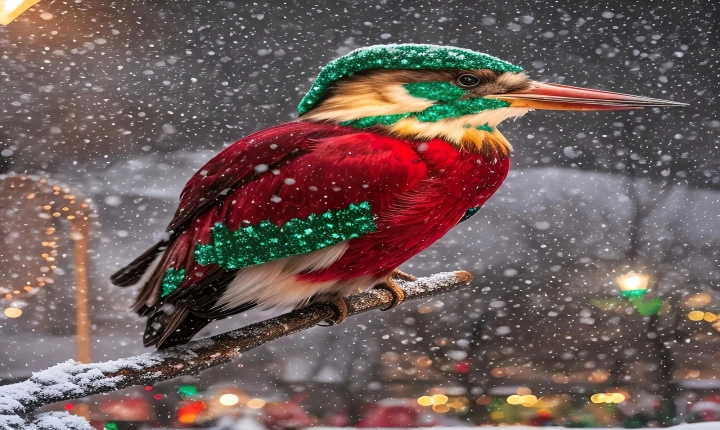Is ChatGPT Killing Creativity?
In today’s digital age, artificial intelligence (AI) has become prevalent in various aspects of society, including communication, entertainment, and problem-solving. One of the most prominent forms of AI is ChatGPT, a language model that generates human-like text based on user inputs. While ChatGPT has been lauded for its ability to mimic human conversation and provide valuable information, there are growing concerns that it may be stunting creativity rather than nurturing it.
Creativity is the ability to generate novel and valuable ideas, solutions, and expressions, and it is a fundamental aspect of human intelligence. However, with the rise of ChatGPT and similar AI tools, there is a fear that individuals may rely too heavily on these technologies, leading to a potential decline in original thought and creative output.
One of the primary arguments against ChatGPT’s impact on creativity is its role in shaping language and narrative. By providing instant responses and generating text based on pre-existing data, ChatGPT has the potential to homogenize language and limit the exploration of new linguistic forms and expressions. It may also discourage individuals from developing their own writing styles and voices, as they may opt to emulate the language produced by ChatGPT rather than honing their unique creative abilities.
Moreover, ChatGPT has the capacity to provide instant answers and information, which can thwart the process of critical thinking and problem-solving. Instead of grappling with complex questions and contemplating varied perspectives, individuals may turn to ChatGPT for quick solutions, bypassing the opportunity to engage in deep, independent analysis and innovation.
In addition, the accessibility of ChatGPT and similar AI has led to concerns about the erosion of human connection and empathy. While these tools can simulate conversations and interactions, they lack genuine emotional intelligence and understanding, potentially influencing individuals to favor transactional, surface-level communication over authentic, heartfelt connections.
Despite these apprehensions, it is important to recognize that ChatGPT and AI, in general, also have the potential to enhance creativity. They can serve as valuable tools for brainstorming, generating ideas, and expanding knowledge by providing access to a wealth of information and diverse perspectives. Furthermore, they can assist individuals in overcoming creative blocks, offering inspiration and new pathways for exploration.
It is crucial to approach the integration of ChatGPT and AI into our lives with a balanced perspective. While these technologies can enrich and support creativity, they should not replace or overshadow the value of authentic human ingenuity and expression. Emphasizing the development of critical thinking, deep reflection, and emotional intelligence alongside the utilization of AI can help mitigate the potential negative impact on creativity.
Moreover, as creators and consumers of AI, it is essential to consider the ethical implications of these technologies. This includes encouraging the responsible and ethical development and use of AI, as well as promoting transparency and critical discourse about the role and influence of AI in creative processes and society as a whole.
In conclusion, the impact of ChatGPT and AI on creativity is a topic that warrants thoughtful consideration and dialogue. While these technologies offer significant potential benefits, there are legitimate concerns about their potential to stifle originality, critical thinking, and emotional connection. By cultivating a balanced approach to integrating AI into creative endeavors and upholding the importance of human creativity and expression, we can navigate the evolving landscape of AI in a way that enriches, rather than diminishes, the creative spirit.
